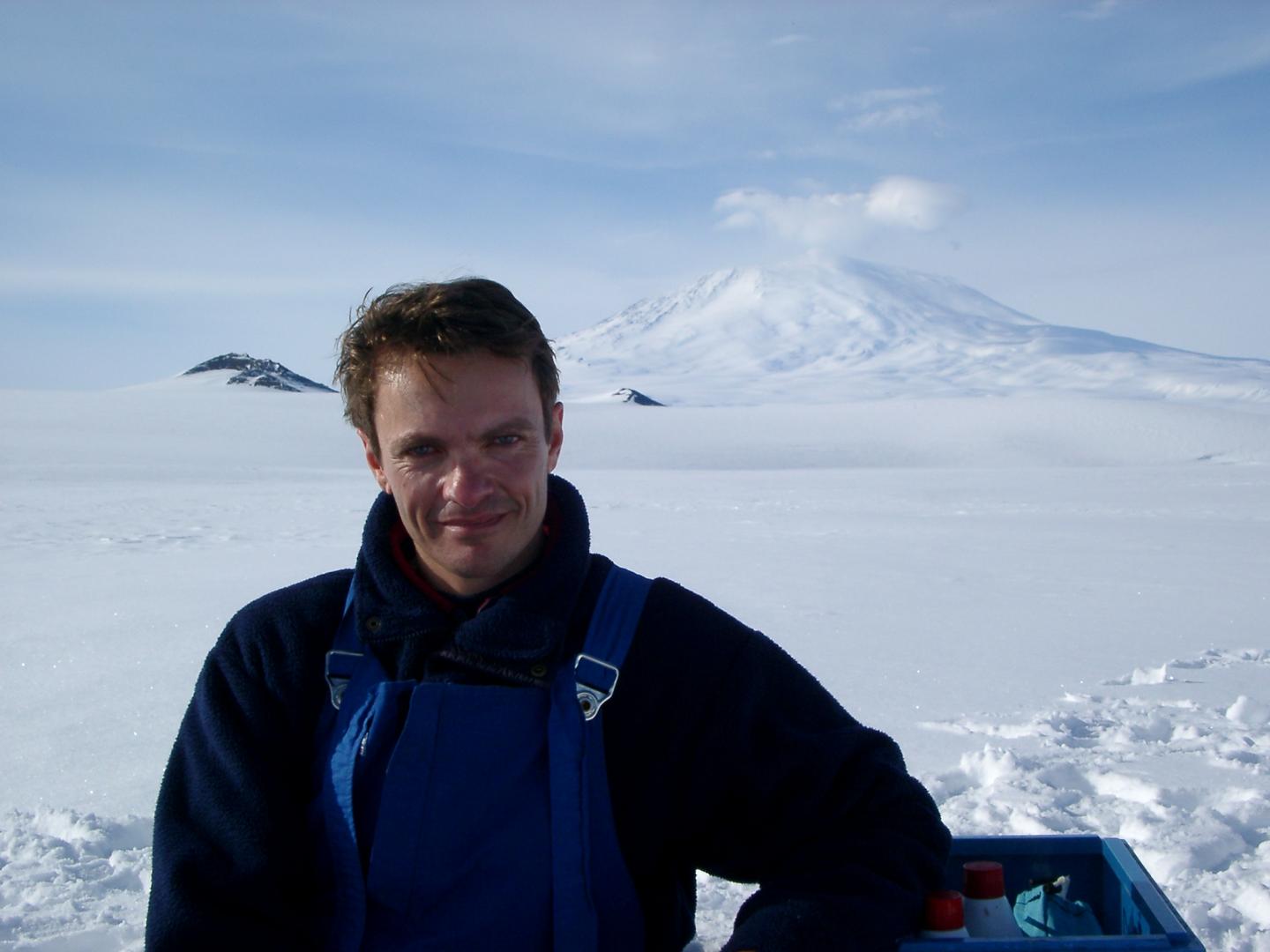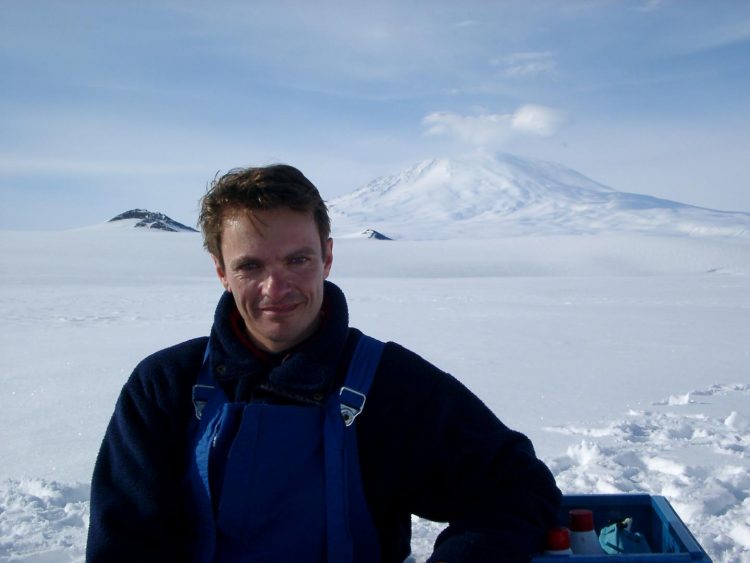Expert document advises governments on the latest state of climate science

Credit: UMass Amherst
AMHERST, Mass. – This week, representatives of 195 member governments of the Intergovernmental Panel on Climate Change (IPCC) are meeting at the Oceanographic Museum of Monaco with dozens of climate scientists who have prepared a draft “Summary for Policymakers” of their “Special Report on the Ocean and Cryosphere in a Changing Climate (SROCC).”
University of Massachusetts Amherst climate scientist Robert DeConto, a lead author and contributor to the report, is in Monaco for the four-day working plenary session and will be available for reporters and media to discuss findings after it is final. The IPCC is an intergovernmental body of the United Nations dedicated to providing the world with an objective, scientific view of climate change, its natural, political and economic impacts and risks, and possible response options.
As one of the world’s leading experts on modeling polar ice sheets, sea-level rise and ocean response to climate change, DeConto serves as lead author of the Special Report’s Chapter 4, “Sea Level Rise and Implications for Low Lying Islands, Coasts and Communities,” and a contributing author to Chapter 3, “Polar Regions.”
Over the four-day plenary session on Sept. 20-23 that spilled over into the early morning hours of today, IPCC members and scientists have gone through the draft summary for policymakers line by line. Their efforts will culminate in the adoption of a final version to be presented to the world in a live-streamed press conference on Wednesday, Sept. 25 at 11 a.m. local time in Monaco, which is 5 a.m. Eastern.
DeConto, who cannot speak about findings in the draft report until the final version is released, describes it in general as “a summary for policy makers of our report with hard-hitting bullet points that we scientists feel need to be considered by policy makers. They’ll receive the considered opinions on the evidence from hundreds of scientists charged with assessing the science since previous reports were published, and we’ll update them on what we consider the state-of-the-art knowledge on climate today.”
Without revealing specifics, he says he expects sea-level rise to receive a great deal of attention as a result of this report because it already affects so many millions of people around the world, and its impact is growing.
“We hear more and more every day about how sea-level rise is accelerating and it’s going to keep rising,” DeConto notes. “There are different scenarios available for the future, and the projections vary between low-carbon-emission versus high-carbon-emission future in terms of sea-level rise. We can provide that basic information to policymakers.”
To prepare for the plenary session just ending, over the past two years DeConto and colleagues from around the world compiled and assessed the evidence published in peer-reviewed journals since the last IPCC report was issued in 2015 on such topics as “High Mountain Areas,” “Changing Ocean, Marine Ecosystems and Dependent Communities,” and “Extremes, Abrupt Changes and Managing Risks,” in addition to the chapters on polar regions and sea-level rise.
More than 100 scientists from over 30 countries have been assessing the latest scientific knowledge for the SROCC about the physical science basis and impacts of climate change on ocean, coastal, polar and mountain ecosystems, and the human communities that depend on them, including an assessment of vulnerabilities and capacities for adaptation. Options for achieving climate-resilient development pathways have been presented and discussed, as well, organizers say.
###
Media Contact
Robert DeConto
[email protected]





